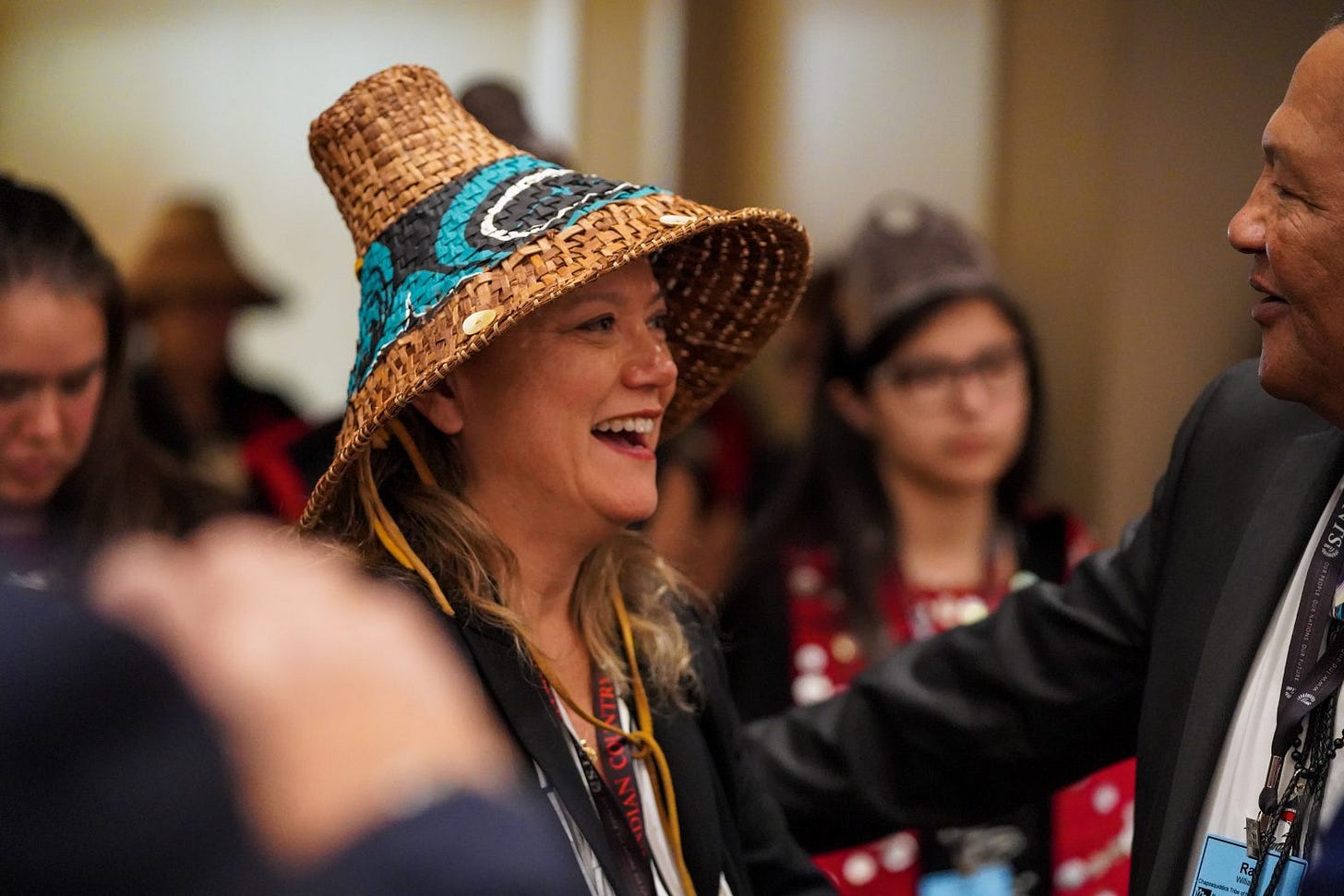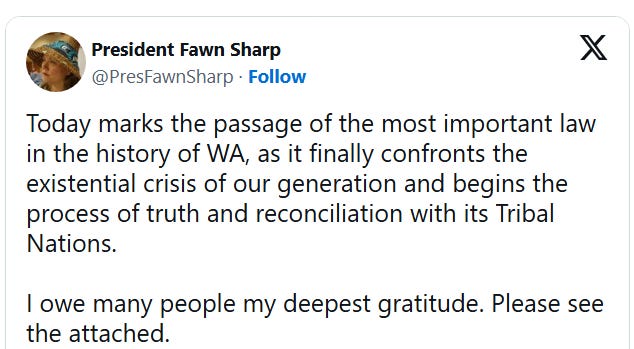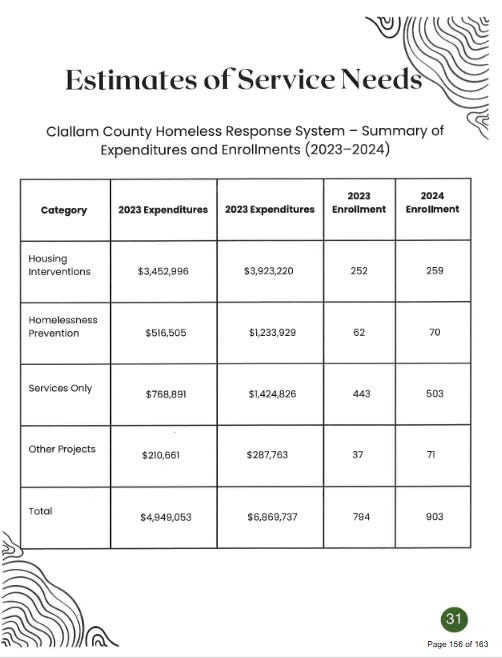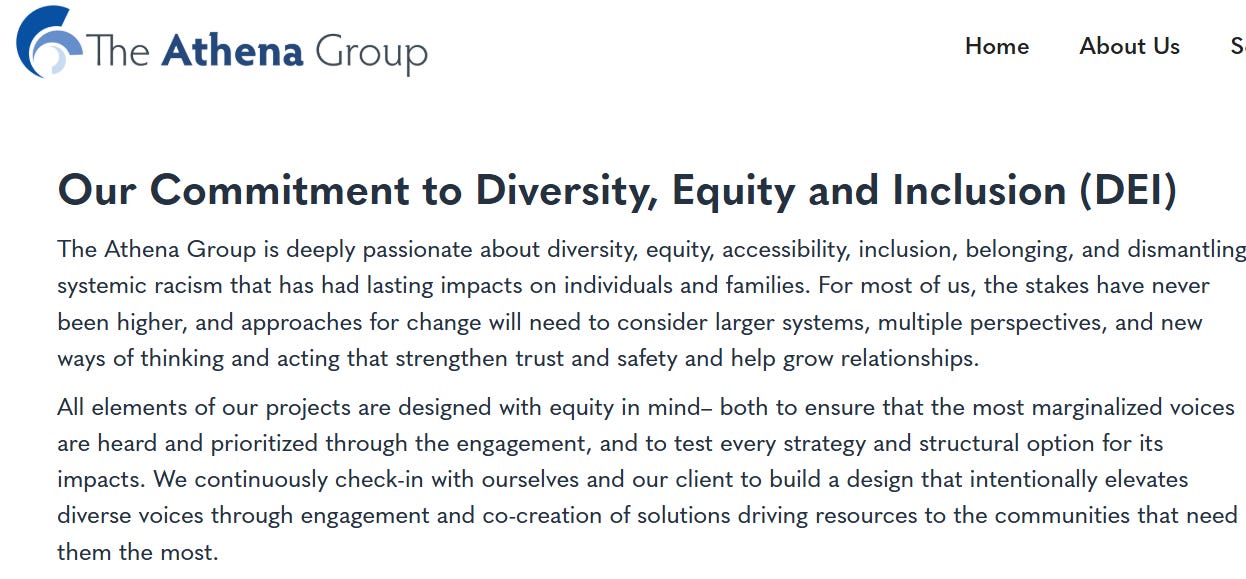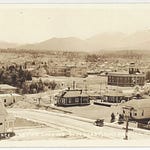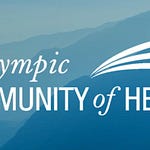This Memorial Day, we ask: are we honoring the freedoms others died to protect—or quietly giving them away? Clallam County’s proposed “Water Steward” may sound harmless, but it masks a deeper agenda of expanding government control over land and water. Driving the effort are League of Women Voters activists, including Charter Review Chair Susan Fisch, using vague buzzwords and meetings with limited engagement to push sweeping changes without real public input. The original pamphleteers believed citizens deserved truth and transparency—not layers of bureaucracy. Do we still believe that today?
When America was still in its infancy, revolution didn’t begin with bullets—it began with pamphlets. Thomas Paine’s Common Sense stirred the soul of a fledgling nation not with armed force, but with armed ideas. He challenged the powerful and called the people to action with unvarnished truth. The early pamphleteers knew that a free people could only stay free by staying informed and empowered.
Clallam County Watchdog strives to honor that legacy.
Proposal shrouded in bureaucratic buzzwords
This Memorial Day, as we remember those who died to protect liberty and democracy, it’s worth asking: what are we doing with the freedoms they gave us? Are we defending the truth, or letting it slip quietly into a bureaucratic haze of jargon, closed-door decisions, and buzzwords designed to obscure rather than illuminate?
Take, for example, the Clallam County Charter Review Commission’s current push to create a “Water Steward.” On paper, the role is described as “nonregulatory,” meant only to advise and coordinate information on water use, climate change, and sustainability. Yet articles in support of the position, such as the May 21 Sequim Gazette op-ed by Tony Corrado and Craig Smith, are already laying the rhetorical groundwork for sweeping policy change.
Stakeholders without a public mandate
Corrado and Smith praise the proposed steward as someone who would engage “all stakeholders to recommend equitable solutions.” But who are these “stakeholders”? Surely not the everyday residents of Clallam County, many of whom are just now learning about the proposal—after months of opaque committee work.
They claim, “Our citizens are demanding this information.” Really? Which citizens? Where are the petitions, the letters, the meetings packed with clamoring voices asking for another government office to “pull together data” that already exists?
Another line calls for “open communication of the water steward’s findings.” But open communication requires transparency from the start, not after the fact. What we've seen so far is a closed-loop system in which a small group makes decisions and then informs the public of the outcome—as if that’s public engagement.
We are told that “diverse opinions” must be “navigated.” Another buzzword salad, concealing the real power dynamics at play. Whose opinions are actually influencing policy here? It's clear that some perspectives—especially those raising concerns about land use restrictions or property rights—are being navigated away from the table, not toward it.
Activists within the Commission
This entire process is being driven not by popular demand, but by a vocal group of political activists associated with the Clallam County League of Women Voters. That organization—despite its nonpartisan label—has taken increasingly partisan positions on local governance, water policy, and land use. Its Secretary, Susan Fisch, also happens to be the Chairwoman of the Charter Review Commission, blurring the line between outside lobbying and direct governmental power. Fisch and her allies have spearheaded many of the Commission’s most radical proposals, including those that would empower unelected bureaucrats, weaken voter control, and reduce rural representation on the Board of County Commissioners.
Support from outside power players
Adding momentum to this effort, Craig Smith—a figure connected to the Gates Foundation and the University of Washington—has actively engaged with the Charter Review Commission. In his own words, Smith has expressed strong support for the Water Steward proposal and is ready to help push it forward. He wrote to the Charter Review Commission:
"Tony and I placed this Opinion Editorial into the May 21st Sequim Gazette, and I’ll be sending this opinion piece out to my entire network. Even prior to sending, however, we’ve had substantial, and very supportive input. Many concerned individuals are now watching this closely."
Smith emphasized the importance of crafting the Water Steward role carefully, highlighting the need for an individual with water knowledge, networking skills, and the ability to engage all community segments on water issues. He and his colleague Tony Corrado have committed to rallying community support to bring the Water Steward proposal to a public vote, promising to mobilize their network to ensure it advances.
The “consent” playbook
Then there’s the issue of consent. In 2021, Quinault leader and National Congress of American Indians President Fawn Sharp engineered a stunning political coup: tribal “consent” became enshrined in Washington State law—not just “consultation.”
In simple terms, consultation means tribes are asked for input but don’t have the final say, while consent means tribes must approve—giving them real power to block projects or policies. It's the difference between being informed and being able to say no.
After Governor Jay Inslee vetoed those provisions in the Climate Commitment Act, thinking he had won, Sharp and her allies revealed they had already passed identical consent language in a separate bill—one Inslee had signed unknowingly. In her words, “We just hadn’t bothered to tell him.”
Let that sink in. In a democracy, consent is meant to be granted by the people—not maneuvered in silence and revealed after the fact like a legislative magic trick. Sharp’s success may be hailed as a triumph for tribal sovereignty—and in some ways, it is—but it also signals a new political reality: savvy actors are reshaping environmental law in Washington without the public even realizing it’s happening.
Democracy requires more than rhetoric
Now, local governments like Clallam County are creating positions like “Water Steward” under the guise of neutrality, while mirroring the language and playbook of that same consent-driven agenda. The Commission keeps assuring the public that the steward position is “nonregulatory,” while Corrado and Smith caution ominously that Clallam County may “fail to implement necessary regulatory modifications in time.” So, which is it?
The public is being told one thing while the groundwork is being laid for another.
This Memorial Day, as we lay wreaths and remember the fallen, we must also remember what they fought for: not for commissions and consultants, but for citizens. Not for stakeholder buzzwords, but for accountability, open debate, and truth.
If this Water Steward proposal is so vital, then let it withstand the heat of open dialogue. Let the meetings be recorded and viewed. Let dissenting voices be heard. Let the public—not a curated list of insiders—be the stakeholders.
Because if the original pamphleteers taught us anything, it’s this: freedom doesn’t defend itself. It must be questioned, argued, and demanded into being—again and again.
Time for real questions
So ask yourself:
Who really are these “stakeholders”?
What do they mean by “equitable”?
Where is the evidence of public demand?
Why has communication been anything but open?
And above all: who benefits from this new position—and who pays the price? Remember, county regulations don’t apply to land held by a sovereign nation.
Clallam County residents deserve straight answers to these questions, let’s keep asking them.
It’s a busy Tuesday this week
9:00 AM, the Commissioners’ boardroom in Port Angeles, a work session discussion about 3 Crabs Road and a collaboration with the Jamestown Tribe to map the entire coastline from Cape Flattery to Admiralty Inlet for “planning purposes.” Attend in person or virtually here.
10:00 AM, the Commissioner’s boardroom, their weekly meeting (public comment allowed). On the agenda is 3 Crabs Road and a redirection of $13,400 to the Harm Reduction program (providing free drug paraphernalia) due to “increased participant volume.” Attend in person or virtually here.
10:30 AM, during the Commissioners’ meeting, a public hearing will be held regarding the Homeless Crisis Response and Housing Plan.
The plan emphasizes the “housing first” model in addressing homelessness and does not mention addiction or substance abuse. Notably, the Homelessness Task Force already documented that the plan was adopted by the County Commissioners before the public hearing.
At 12:30 PM, in the same room, the Charter Review Commission’s Ethics Committee will convene to discuss a possible ballot measure that would create enforceable penalties for ethics violations by elected officials. More information here.
At 5:30 PM, in the same room, the Charter Review Commission will meet. An update on the Water Steward committee is on the agenda. Public comment is allowed and information about attending in person or virtually is available here.
Who’s watching the money?
Take a look at the Homelessness Task Force’s financial report. Two different columns are both labeled “2023 Expenditures”—but which is it: $4.9 million or $6.8 million?
Keep in mind, the county hired a consultant to produce this report. If their attention to detail matched their stated commitment to equity, maybe the five-year plan would be accurate, too. Read the full report here (starts on page 125).





